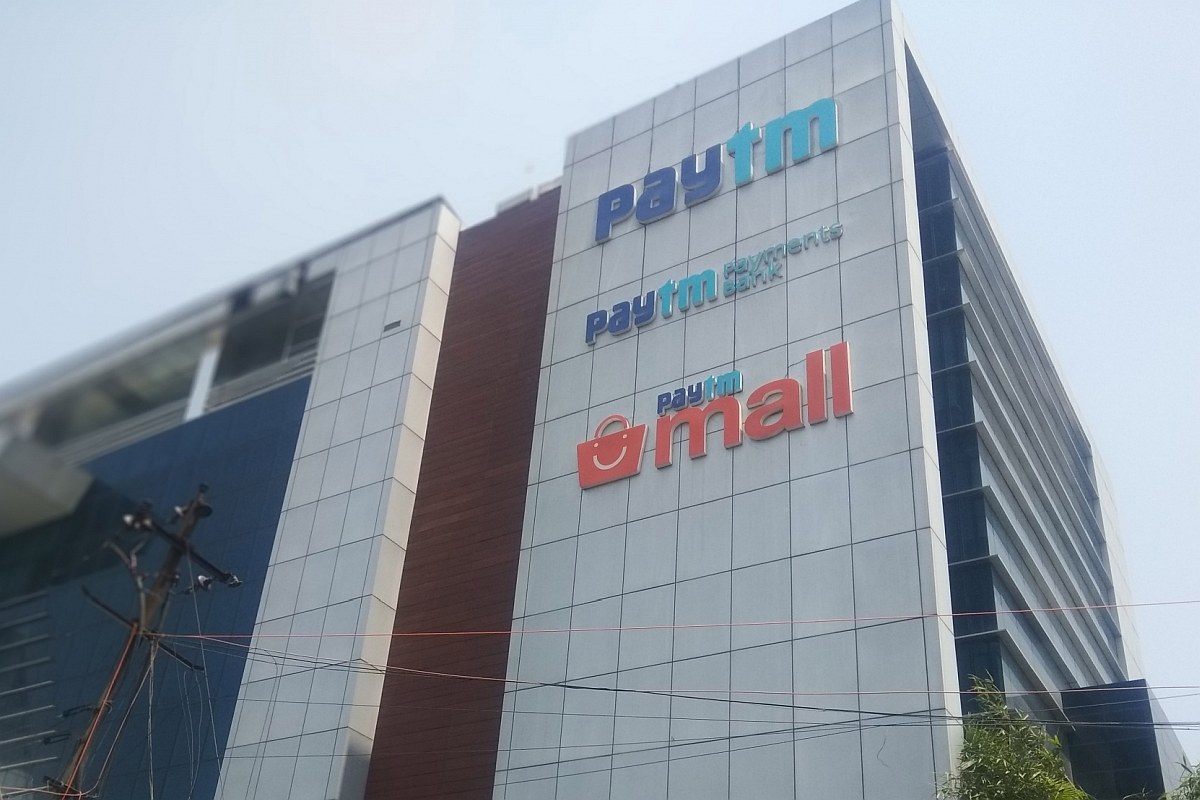With the Reserve Bank of India (RBI) extending the deadline for mobile wallets to be fully compliant with Know Your Customer (KYC), people using PhonePe, Paytm, Amazon Pay or other such wallets will have no trouble making their transactions as usual till 29 February 2020.
The date to become complete KYC compliant for mobile wallets was previously set to end on August 31. But the RBI expanded the deadline by six more months on August 30 with the warning that there would be no further expansion.
“It is advised that the timeline for the conversion of minimum detail PPIs (pre-paid payment instruments) to KYC compliant PPIs has been extended from 18 months to 24 months. It may also be noted that no further extension will be granted for this purpose,” the RBI said in the notification to all PPI issuers or mobile wallet providers.
Becoming a complete KYC compliant would imply that their clients would have to be physically verified by mobile wallet service suppliers. These PPI issuers used partial KYC earlier, which could be done via a smartphone.
Industry body Payments Council of India hopes that the government would come up with a method that would enable mobile wallet users to avoid face-to-face verifications.
“PCI further states that the PPI industry hopes government will soon come up with the clarity on e-KYC via Aadhaar or any other remote fully non-face to face digital KYC method in order to enable the PPI industry players to perform this task of full KYC conversion effectively and efficiently under the given timelines as well as in a fast-track manner,” the Payments Council of India said in a statement earlier.











